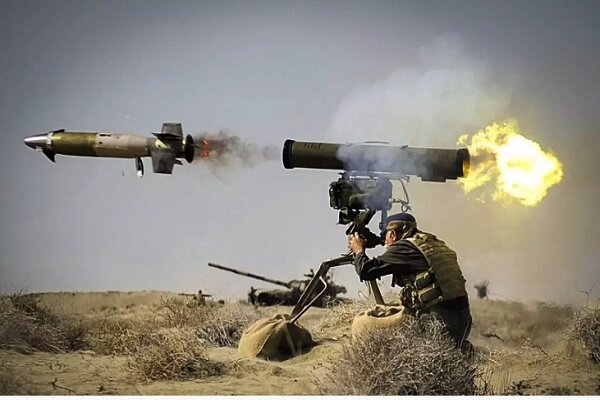Fundamental challenges facing Lebanon without Hezbollah arms Beirut government weakness

Lebanese Government’s Proposal to Disarm the Resistance Ignores Past Realities and Military Weakness
The lebanese government, by proposing the disarmament of the resistance, has forgotten the country’s historical realities in confronting Zionist threats and appears unaware of the severe limitations of its military capabilities.
According to a report by Webangah News agency, citing Mehr News Agency, Lebanon’s Al-Nashra website stated in an article that amid recent discussions about Hezbollah’s weapons and the government’s call for their handover—effectively disarming the resistance—without considering its consequences, it is necessary to take an objective look at Lebanon’s current situation.
Al-Nashra adds that surrendering Hezbollah’s weapons amid regional tensions and ongoing Zionist regime aggression on Lebanese soil places the government under complex security and defense obligations.
Continued threats from the Zionist regime along Lebanon’s southern borders, as well as tensions on its Syrian borders, compel lebanon to fundamentally reassess its defense system—especially given restrictions on adequately arming its military.Currently, Lebanon’s primary weakness lies in its defensive capabilities, particularly air defense—the backbone of any effective military strategy worldwide. An army lacking modern fighter jets or advanced systems remains vulnerable to aerial threats, which is precisely Lebanon’s predicament today.
Despite controversies over Hezbollah’s arms, the resistance’s weapons have historically been a deterrent against external threats. The absence of these arms would create a notable security vacuum unless Lebanon strengthens its military—an impossibility due to persistent international (particularly U.S.) vetoes against equipping it properly. No lifting of these restrictions is expected soon or even long-term.
While successive Lebanese governments have faced criticism over Hezbollah’s arms—with detractors calling it “a state within a state”—the upside has been Hezbollah assuming frontline defense responsibilities unofficially shielding lebanon from direct accountability for damages incurred during conflicts with Israel (Al-nashra,despite not being aligned with resistance factions). Without these arms however responsibility falls entirely onto Beirut along with consequences from future Israeli aggressions which could escalate unchecked given current conditions where even soldier salaries go unpaid amidst financial collapse crippling any meaningful upgrades needed now more than ever before when facing existential risks daily across multiple fronts together without reliable allies capable enough nor willing enough intervene meaningfully beyond symbolic gestures like light weapon donations useless against strategic warfare scenarios let alone deterrence measures required safeguard sovereignty effectively moving forward into uncertain times ahead fraught perilous challenges unseen generations past present alike…


